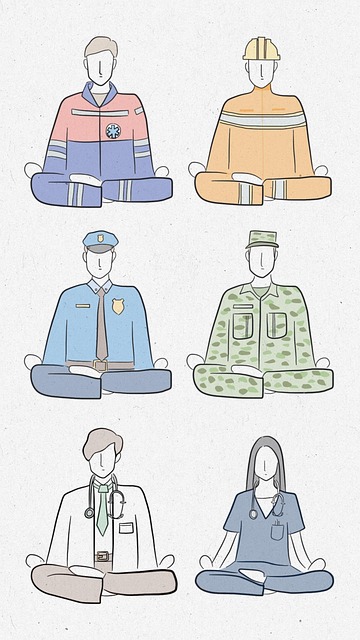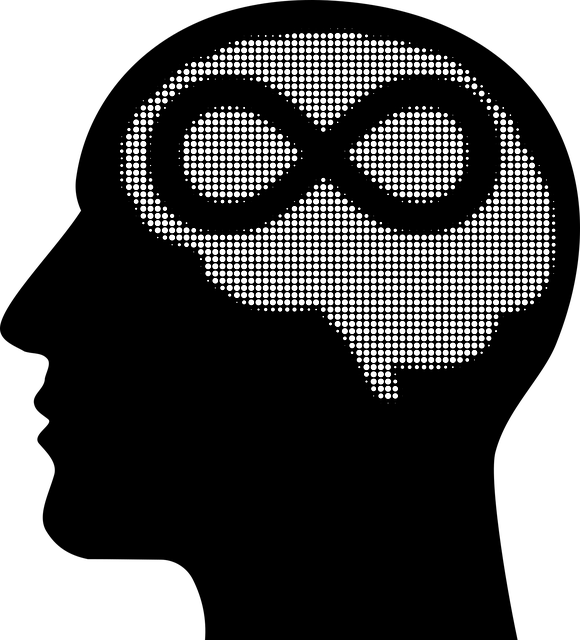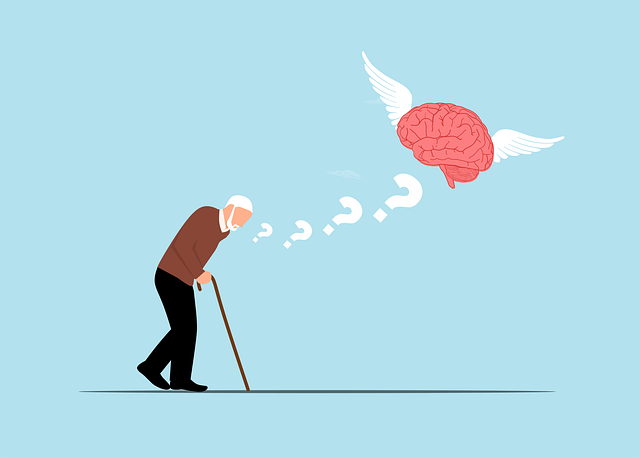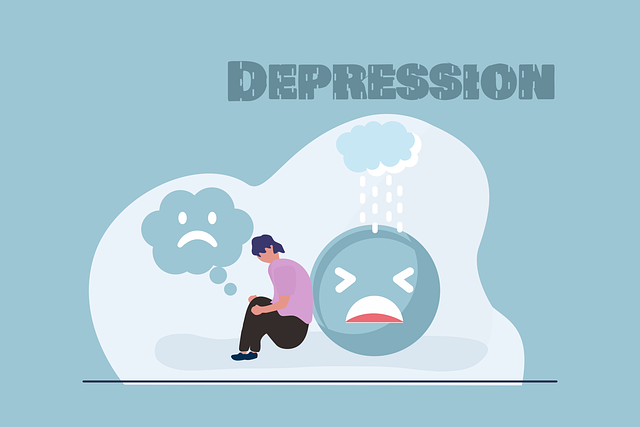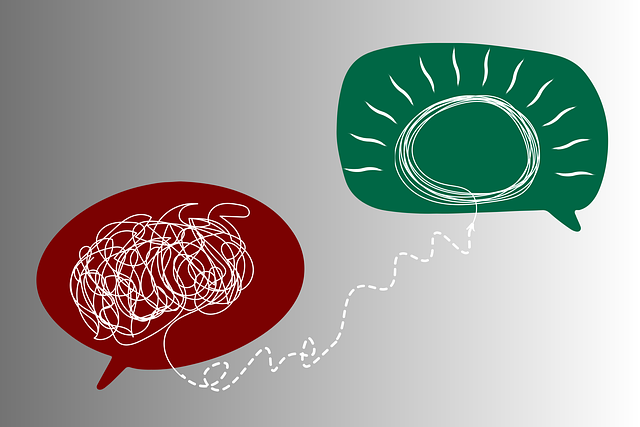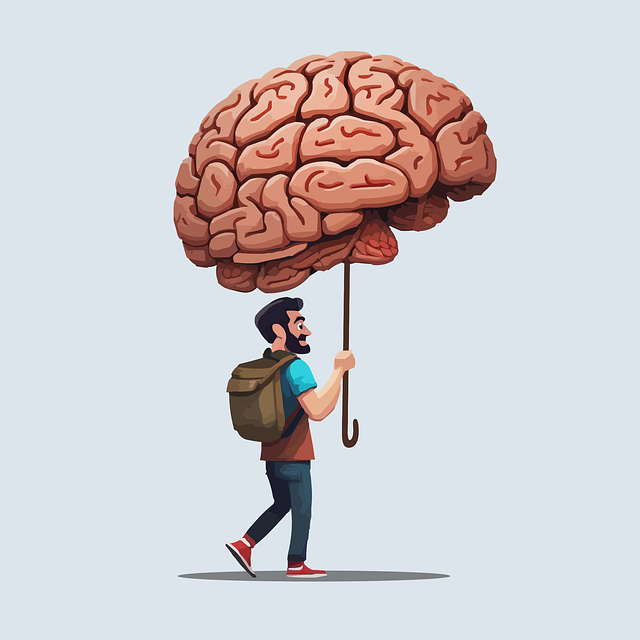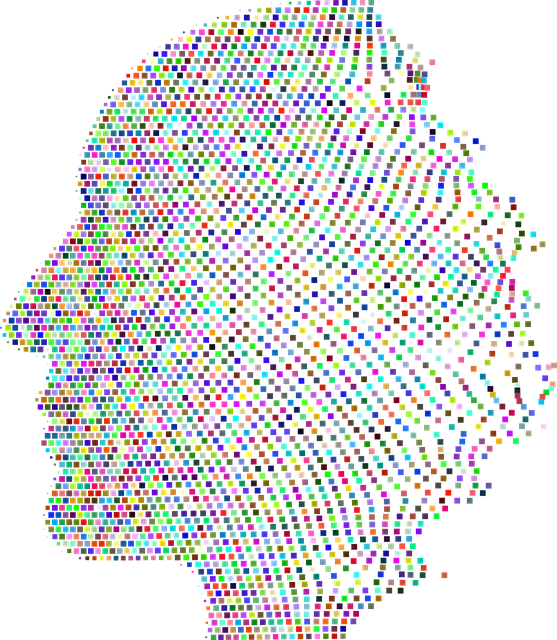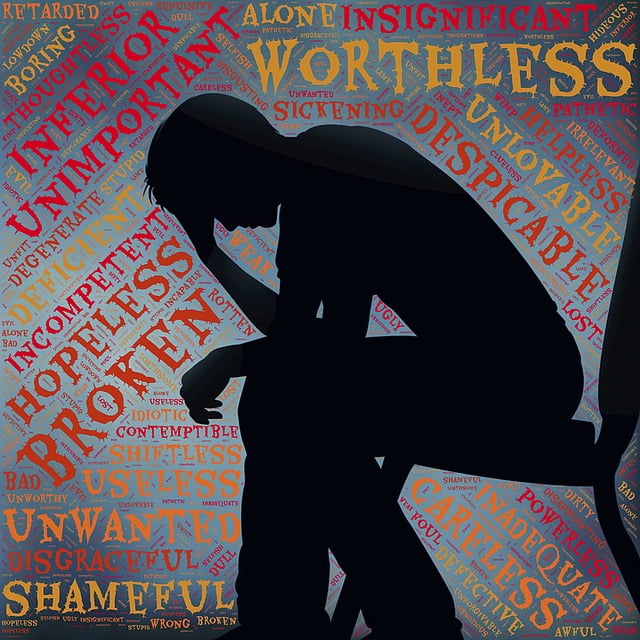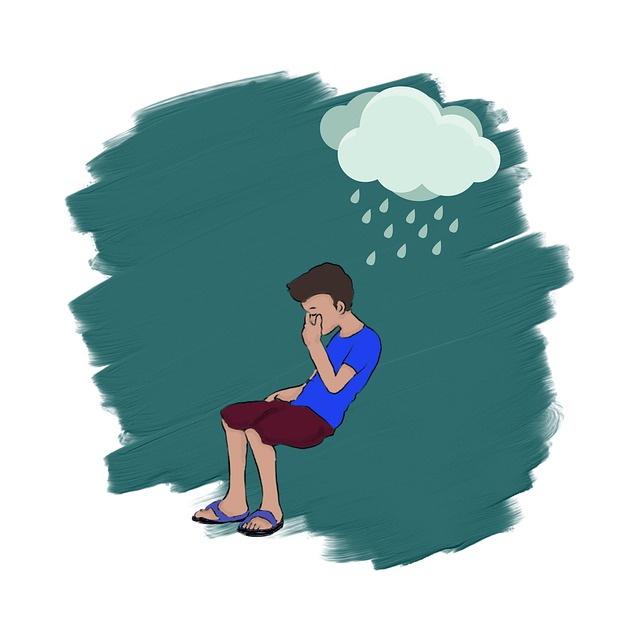Cultural competency in healthcare is crucial for effective therapy and pain management among young adults, addressing biases and tailoring care to diverse backgrounds. By integrating training on cultural sensitivity, communication strategies, and alternative therapies, providers can improve patient outcomes, enhance mood management, and build trust with young adults facing health challenges, ensuring personalized support aligned with their unique cultural experiences and strengths.
Healthcare provider cultural competency training is an evolving necessity in modern medicine. In a diverse society, understanding cultural nuances is crucial for delivering effective care, especially in therapy for young adults and pain management. This article explores essential components of cultural competency, including the impact of biases on patient outcomes, communication strategies, and creating inclusive environments. By addressing these aspects, healthcare providers can ensure better care for all patients, enhancing both therapy and pain management practices.
- Understanding Cultural Competency in Healthcare: A Necessary Framework
- The Impact of Cultural Biases on Young Adult Patients
- Pain Management Challenges for Diverse Populations
- Effective Communication Strategies for Healthcare Providers
- Building a Supportive Environment: Therapy and Beyond
Understanding Cultural Competency in Healthcare: A Necessary Framework

Cultural competency in healthcare is a critical framework that ensures providers can offer effective and respectful care to patients from diverse backgrounds. It involves understanding and appreciating the cultural differences, beliefs, and practices that shape an individual’s health perspective and behavior. In the context of therapy for young adults, pain management, and mental wellness coaching programs, this awareness becomes indispensable. By integrating cultural competency training into healthcare education, providers can enhance their ability to connect with patients from various ethnicities, religions, and socio-economic statuses.
This holistic approach, which includes designing mental health awareness and education programs, goes beyond language translation. It equips healthcare professionals with the skills to navigate complex issues such as implicit biases, microaggressions, and cultural barriers to treatment. As young adults navigate their mental health journeys, especially those dealing with pain management challenges, culturally competent therapists can offer tailored support, improving treatment adherence and ultimately promoting better mental wellness outcomes.
The Impact of Cultural Biases on Young Adult Patients

Cultural biases among healthcare providers can significantly impact young adult patients’ experiences and outcomes, especially when it comes to therapy for young adults with pain management issues. Young adults, often navigating life transitions and unique challenges, may face barriers to receiving adequate care if their provider’s assumptions or preconceptions are shaped by cultural stereotypes. For instance, a provider’s lack of understanding or sensitivity towards a patient’s mental health struggles could lead to misdiagnosis or inadequate treatment plans, affecting mood management and overall well-being.
Effective communication strategies are vital to addressing these biases. Healthcare providers must be adept at listening to their patients’ stories, validating their experiences, and fostering an environment that encourages open dialogue. By implementing positive thinking techniques and promoting a patient’s active participation in their care, providers can enhance the therapeutic process. This approach not only improves mood management but also strengthens the provider-patient relationship, ensuring better adherence to treatment plans.
Pain Management Challenges for Diverse Populations

In addressing pain management challenges for diverse populations, healthcare providers must recognize that what works for one group may not be effective or culturally appropriate for another. Young adults, in particular, bring a unique set of experiences and beliefs to their interactions with the healthcare system. Many have developed coping mechanisms and inner strength through personal struggles, but they also face specific pain management issues influenced by their cultural backgrounds. For instance, some young adults might prefer alternative therapies like mindfulness meditation over traditional pharmaceutical approaches due to spiritual or holistic beliefs.
Understanding these nuances is crucial for tailoring therapy and support. Empathy building strategies that acknowledge and respect individual differences can significantly improve patient outcomes. By incorporating techniques such as mindfulness meditation into treatment plans, healthcare providers not only address pain management but also foster inner strength development in young adults from diverse backgrounds. This personalized approach enhances the overall effectiveness of care, ensuring that each patient receives tailored support that resonates with their unique cultural experiences and personal journeys.
Effective Communication Strategies for Healthcare Providers

Effective communication is a cornerstone of quality healthcare delivery, especially when addressing sensitive issues like young adults’ pain management and therapy. Healthcare providers must adopt tailored communication strategies to cater to diverse patient populations, ensuring mental health awareness and improved mood management. This involves active listening, clear and concise explanations of diagnoses and treatments, and an empathetic approach that validates patients’ feelings.
In the context of young adults seeking therapy for pain management, providers should create a safe, non-judgmental environment. Incorporating Mental Health Awareness into routine consultations can help reduce stigma and encourage open dialogue. Simple techniques like using plain language, avoiding medical jargon, and allowing ample time for questions foster better understanding. These communication strategies not only enhance patient satisfaction but also facilitate more accurate assessments and effective treatment planning.
Building a Supportive Environment: Therapy and Beyond

Creating a supportive environment is paramount in healthcare settings, especially when catering to young adults dealing with pain management issues. This extends beyond physical spaces and encompasses the therapeutic atmosphere, where cultural sensitivity plays a pivotal role in effective treatment. Training for healthcare providers should emphasize understanding and respecting diverse cultural backgrounds, beliefs, and practices related to health and wellness.
By fostering a culture of inclusivity, mental healthcare professionals can better assist young adults struggling with pain and comorbid conditions like depression. Incorporating cultural sensitivity in practice encourages open dialogue about unique challenges and promotes trust between patients and providers. Additionally, resilience-building techniques, often integral to therapy for young adults, can be tailored to individual needs when cultural competency is a guiding principle, enhancing overall well-being and recovery outcomes.
Cultural competency training is an essential tool for healthcare providers to navigate the diverse needs of their patients. By understanding cultural biases, improving communication strategies, and creating supportive environments, healthcare professionals can significantly enhance patient outcomes, especially in areas like pain management for young adults. These initiatives ensure that everyone receives personalized care, fostering a more inclusive and effective healthcare system. This comprehensive approach to training is a game-changer, enabling providers to provide the best therapy for young adults’ unique challenges.
